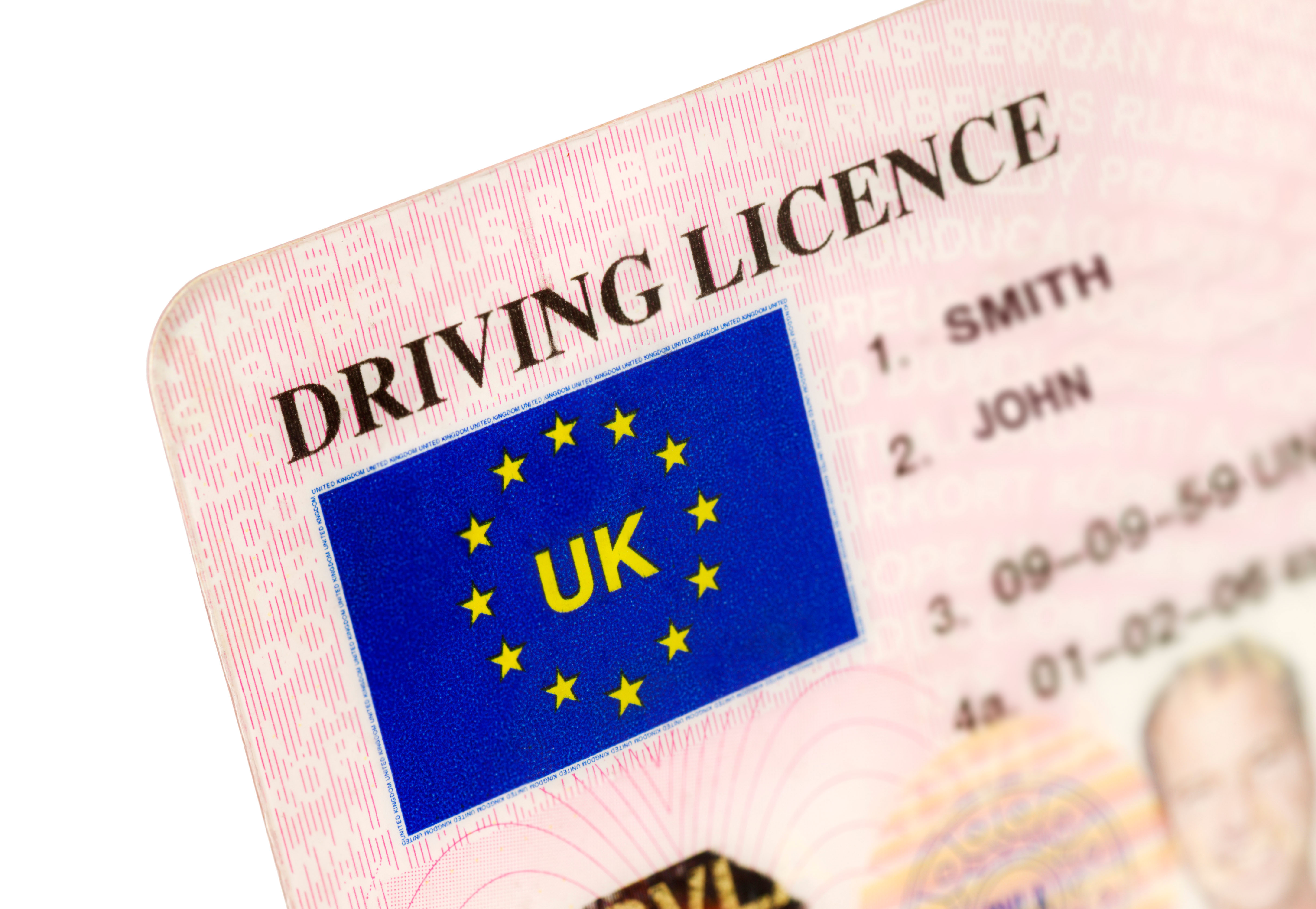The UK remains one of the few developed economies without a national ID card scheme, according to recent research, making it an outlier in a world where most nations have adopted some form of identification system. A study conducted for Sky News’ Sunday Morning with Trevor Phillips reveals that out of 38 countries in the Organisation for Economic Co-operation and Development (OECD), only six—Australia, Canada, Ireland, New Zealand, the United States, and the UK—do not have a national ID system.
The debate over the introduction of a digital ID has been reignited by former Prime Minister Sir Tony Blair. In a recent Daily Mail article, Blair argued that modern technology could help make governing more efficient by addressing issues like lower taxes and improved public services. He called for a “once-in-a-generation disruption,” with digital ID systems as a potential starting point.
During Blair’s tenure, compulsory physical ID cards were a key proposal, but the plan was shelved by the coalition government before it could be implemented. Now, through his Institute for Global Change, Blair has advocated for a digital ID system that could cost £1bn to launch and £100m annually to maintain. However, he suggests the system could save the UK Treasury up to £2bn per year, as well as boost GDP by 3%, according to a 2019 McKinsey analysis.
Despite the potential benefits, digital IDs have faced criticism for posing risks to civil liberties and paving the way for a surveillance state. Countries around the world vary in their approach to ID cards, with most OECD nations making them optional. However, countries like Chile, Luxembourg, and Turkey have made carrying an ID card mandatory. In the last decade, countries such as Norway, Hungary, Denmark, Japan, and Lithuania have introduced mandatory ID cards, signaling a growing trend toward digital identity systems.
The UK government’s stance on digital IDs remains unclear. While Business Secretary Jonathan Reynolds initially suggested that Home Secretary Yvette Cooper would explore advice on the matter, this was quickly reversed. Currently, the UK is considering legislation to allow the creation of digital identities that would be optional and not tied to a mandatory national ID system. These digital records could include details like biometrics and addresses, but would remain voluntary.
Australia has already begun rolling out a similar system, despite concerns over privacy and safeguarding. The discussion around digital IDs continues to evolve, and on Sunday Morning with Trevor Phillips, the topic will be further explored with input from figures such as Border Security Minister Angela Eagle, Shadow Home Secretary Chris Philp, and journalist Anne Applebaum.


















